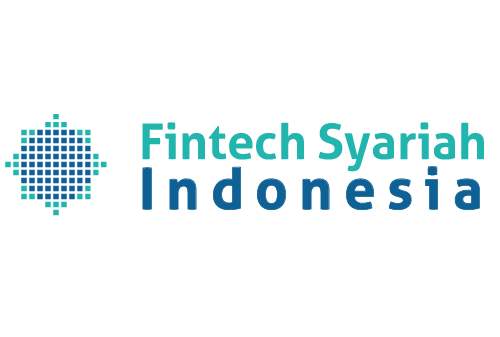A Comparison Of Philanthropic Contributions With Different Cultural Backgrounds : A Case Studi Of Indonesia and Malaysia
Abstract
Abstract
This essay analyzes philanthropic contributions in Indonesia and Malaysia, two nations with extremely different cultural histories, with a focus on literary studies. In the essay, the concept of charity is discussed along with how it has influenced Islamic culture in the two countries. Additionally, it examines the effects of historical, religious, and sociocultural contexts on the parallels and differences between Malaysian and Indonesian philanthropic cultures. The ideas of sadaqah, zakat, and waqf all include charitable giving in Indonesia; amal jariah and baitulmal do the same in Malaysia. Despite the fact that they approach philanthropy in different ways, both Indonesia and Malaysia have been able to establish exceptional initiatives that have a significant impact on society. Some of the challenges involved in putting philanthropy into practice in Indonesia and Malaysia, including a lack of collaboration between philanthropic groups and the government and a lack of accountability and transparency in the administration of philanthropic funding. Finally, this study provides a fascinating comparison of the significance of generosity in Malaysia and Indonesia, twonations with very different cultural traditions. The report addresses case examples of philanthropy in health and education, as well as the challenges that both countries faced when philanthropy was implemented.
Keywords : Indonesia, Malaysia, Philanthropic
Abstrak
Esai ini menganalisis kontribusi filantropi di Indonesia dan Malaysia, dua negara dengan sejarah budaya yang sangat berbeda, dengan fokus pada studi sastra. Dalam esai ini, konsep amal dibahas bersama dengan bagaimana hal tersebut mempengaruhi budaya Islam di kedua negara. Selain itu, esai ini juga mengkaji pengaruh konteks sejarah, agama, dan sosiokultural terhadap persamaan dan perbedaan budaya filantropi Malaysia dan Indonesia. Di Indonesia, gagasan sedekah, zakat, dan wakaf mencakup pemberian amal; di Malaysia, amal jariah dan baitulmal melakukan hal yang sama. Terlepas dari kenyataan bahwa mereka melakukan pendekatan filantropi dengan cara yang berbeda, baik Indonesia maupun Malaysia telah mampu membangun inisiatif luar biasa yang memiliki dampak signifikan pada masyarakat. Beberapa tantangan yang dihadapi dalam mempraktikkan filantropi di Indonesia dan Malaysia adalah kurangnya kolaborasi antara kelompok-kelompok filantropi dan pemerintah serta kurangnya akuntabilitas dan transparansi dalam pengelolaan dana filantropi. Akhirnya, penelitian ini memberikan perbandingan yang menarik tentang pentingnya kedermawanan di Malaysia dan Indonesia, dua negara dengan tradisi budaya yang sangat berbeda. Laporan ini membahas contoh-contoh kasus filantropi di bidang kesehatan dan pendidikan, serta tantangan yang dihadapi kedua negara ketika filantropi diimplementasikan.
Kata kunci: Indonesia, Malaysia, Philantropi
Downloads
Published
How to Cite
Issue
Section
License
Copyright (c) 2024 DONI AZHARI

This work is licensed under a Creative Commons Attribution 4.0 International License.
Authors who publish with this journal agree to the following terms:
- Authors retain copyright and grant the journal right of first publication with the work simultaneously licensed under a Creative Commons Attribution 4.0 International License that allows others to share the work with an acknowledgment of the work's authorship and initial publication in this journal.
- Authors can enter into separate, additional contractual arrangements for the non-exclusive distribution of the journal's published version of the work (e.g., post it to an institutional repository or publish it in a book), with an acknowledgment of its initial publication in this journal.
- Authors are permitted and encouraged to post their work online (e.g., in institutional repositories or on their website) before and during the submission process, as it can lead to productive exchanges, as well as earlier and greater citation of published work.

This work is licensed under a Creative Commons Attribution 4.0 International License.












